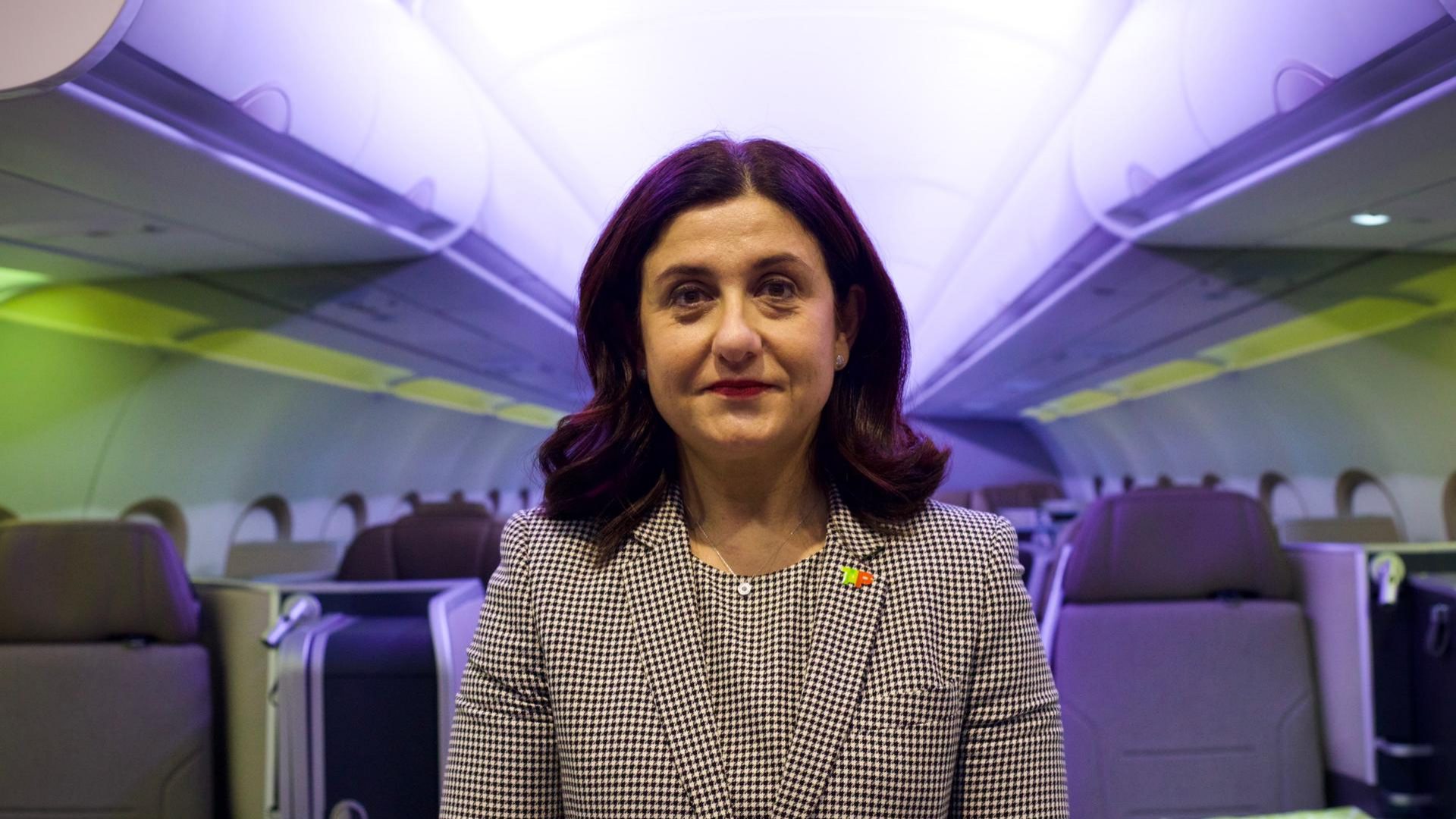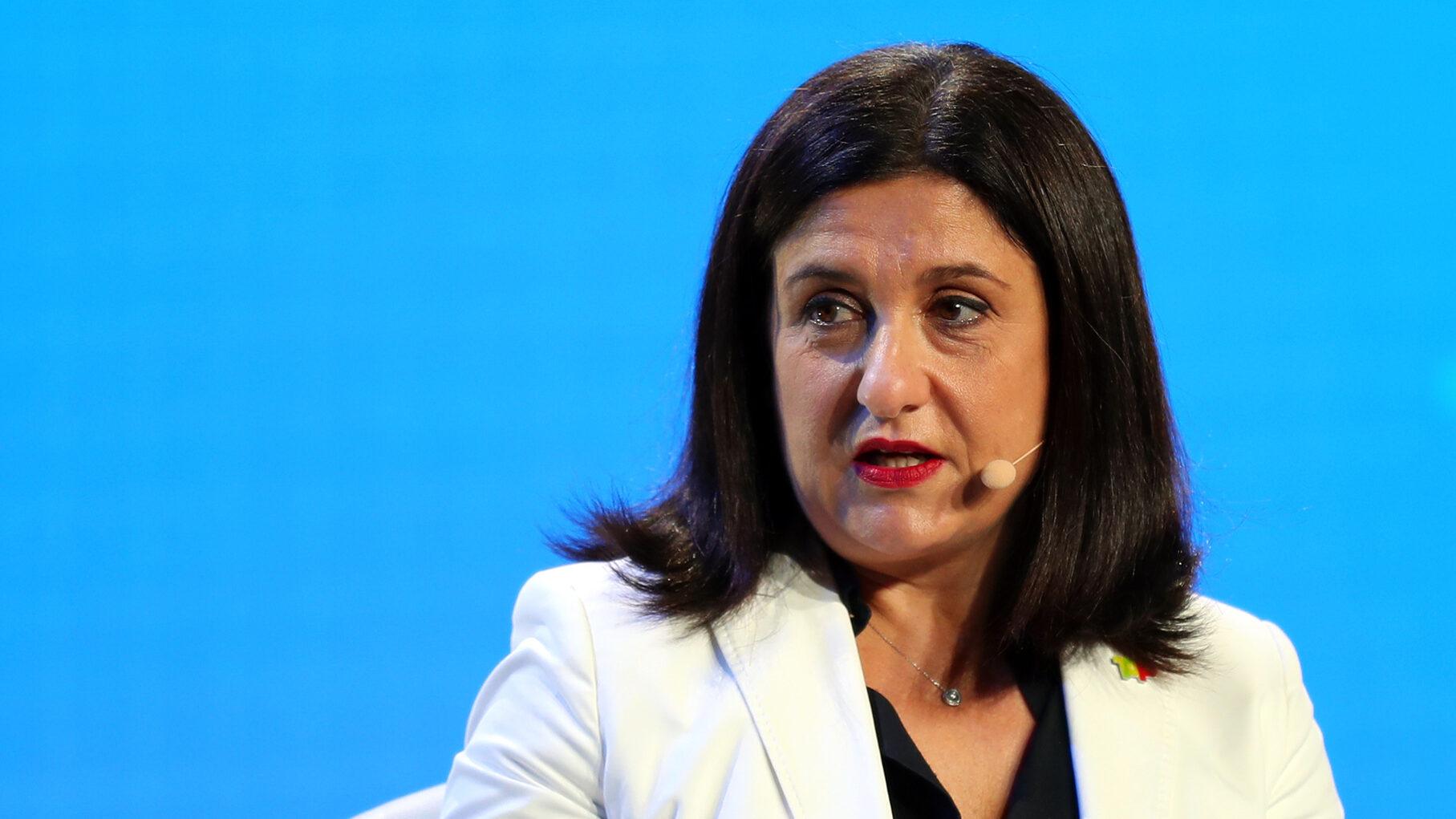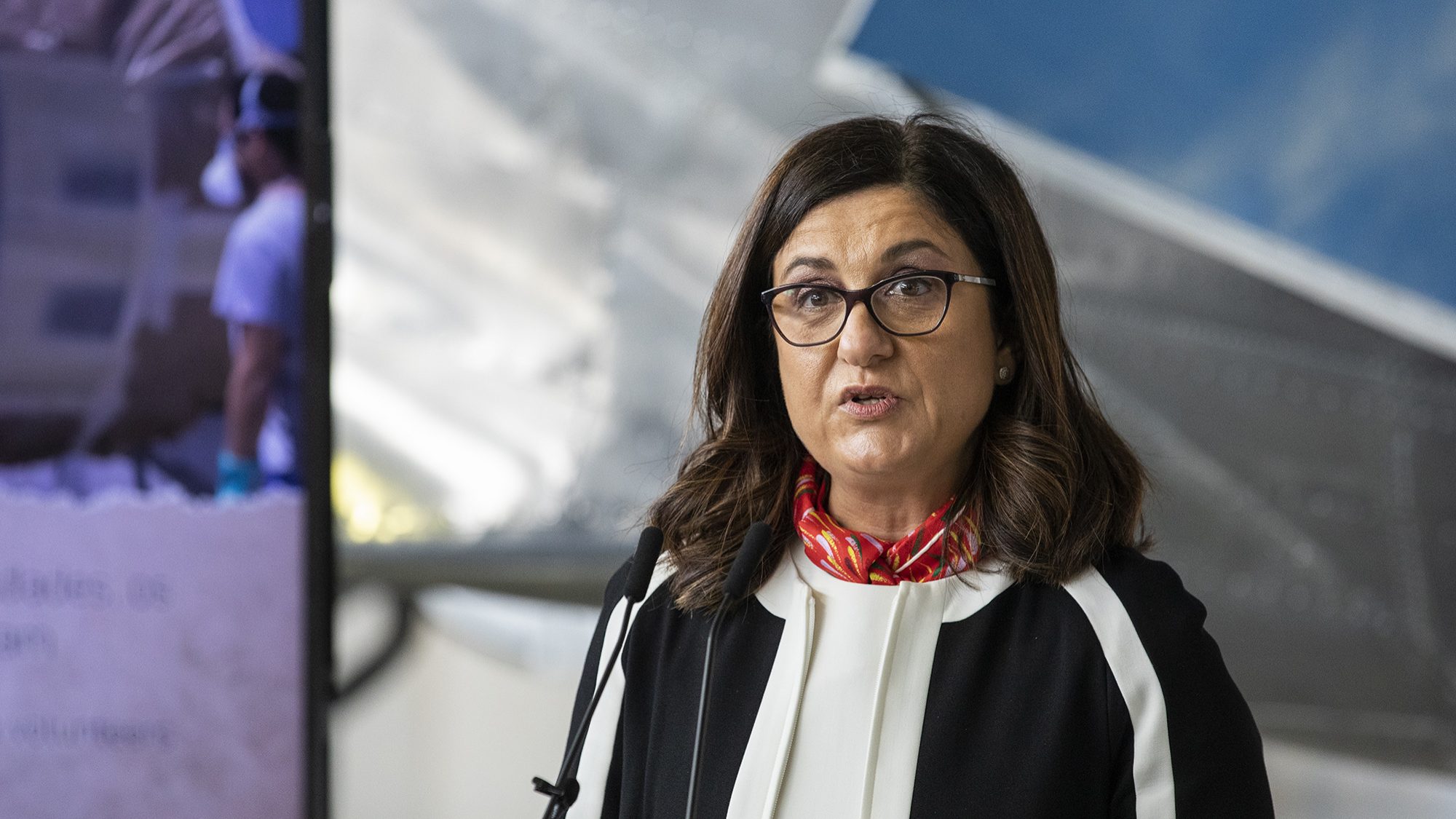Brussels did not have to approve TAP’s cut reduction
The European Commission says it is monitoring the proper implementation of the airline's restructuring plan. Financial and operational deviations have to be reported.
The European Commission did not have to approve the reduction in salary cuts at TAP which was heavily criticised by pilots, but also by the former leader of the PSD. Brussels only has to be notified if there are financial and operational deviations from the goals outlined in the recovery plan.
TAP’s executive board informed workers on June 19 that it would update the guaranteed minimum wage (the amount that cannot be subject to cuts) for all employees to €1,410, retroactive to January. It also announced a 10 percentage point reduction in the salary cut applied to pilots (from the current 45% to 35%) and that it would start paying the landing tax (a daily allowance) backdated to March 31, 2021.
As far as ECO has learnt, the European Commission’s Directorate General for Competition (DG COMP) did not have to approve this softening of the measures in the airline’s restructuring plan, which have been in place since March 2021. Not least because the plan itself already provides for changes in salary conditions to be negotiated with the unions. The margin available to the executive committee is, however, not known.
The decision that approved the state aid of €3.2 billion for the company in December requires Portugal to submit regular reports to DG COMP (every six months) on the implementation of the plan every six months until the end of the restructuring period. These must include “any financial or operational deviations from the trajectories” defined in terms of revenue, cost containment and reduction, as well as “the corrective measures implemented or planned” by Portugal or TAP. It is on these aspects that the Brussels assessment will focus.
Those reports also have to indicate the deadlines for the capital injections, the airline’s own contribution to the restructuring effort and the evolution of the airline’s fleet and capacity used. Compliance with the recovery plan, namely the ceding of 18 slots (9 pairs) at Lisbon airport to Easyjet, is also being monitored by Alcis Advisers, a German consultancy.
Questioned by ECO, the European Commission declined to comment on TAP’s decision to reduce cuts, responding that it “continues to monitor the correct implementation of its decision also based on information from the monitoring manager [Alcis Advisers] and is in contact with the Portuguese authorities.”
The restructuring plan agreed with the unions provides for a 25% across-the-board pay cut for salaries above €1,330 between 2021 and 2023 and from 20% by 20% in 2024. For pilots, the cut started at 50% in 2021, reducing by 5 percentage points each year until 2024. Cabin and maintenance staff also accepted a 15% reduction in working hours, which progressively drops to 5% in 2023.
Some of these conditions began to be reviewed this year. TAP decided in March to suspend the reduction in working hours for crew members and announced in June a reduction in salary cuts. The decision, taken unilaterally by the airline’s executive committee after the failure of negotiations with the unions, was poorly received by them, as they wanted it to go further in reducing the cuts. The pilots even threatened a strike, which did not go ahead.
The plan agreed with Brussels provides for the negotiation of new collective labour agreements in order to reach the labour costs target for 2025 ,as the emergency agreements determining the cuts expire at the end of 2024. The European Commission’s decision says that if there is no agreement the general law of the Labour Code will apply.


